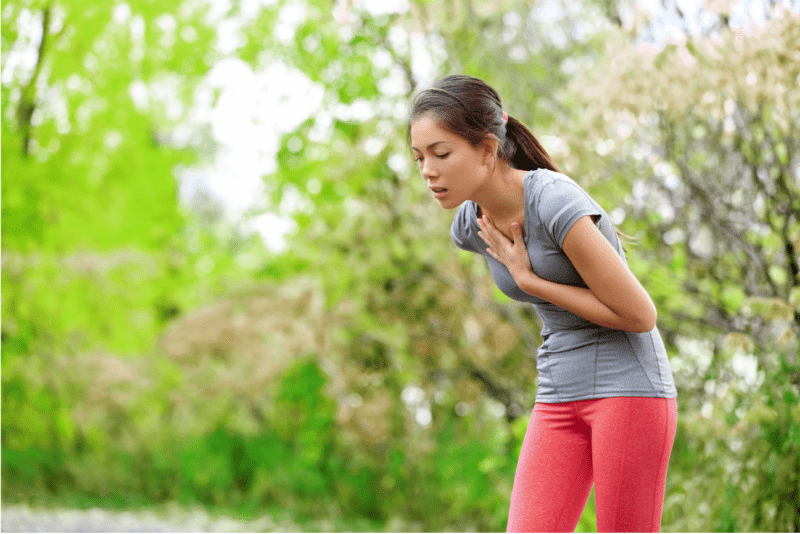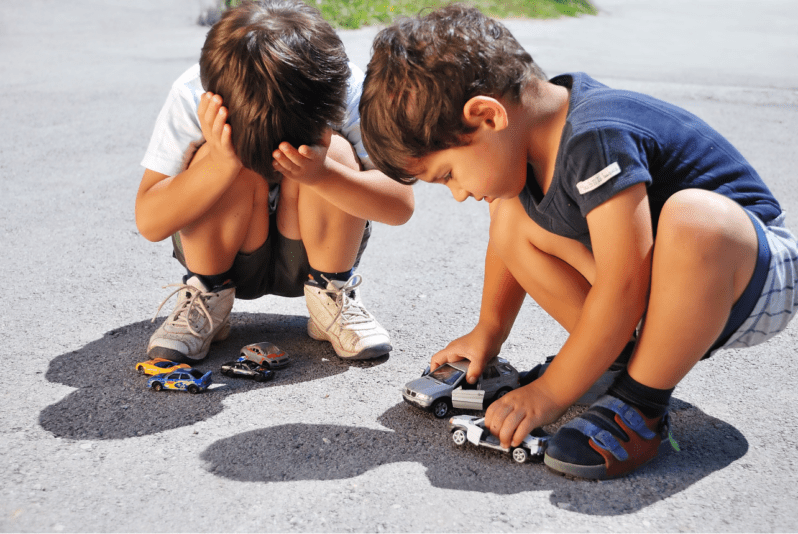Heat exhaustion is a sickness that occurs when your body gets too hot, resulting in excessive sweating and a fast pulse.
It’s one of three heat-related disorders, the mildest of which is heat cramps and the most serious of which is heatstroke.
Heat exhaustion is caused by prolonged exposure to hot temperatures, especially when combined with high humidity. It also can be caused by strenuous physical activity. Heat exhaustion can progress to heatstroke, which is a life-threatening illness if not treated promptly. Heat exhaustion, fortunately, can be prevented.
What are the symptoms of heat exhaustion?
Heat exhaustion symptoms can appear abruptly or gradually, especially while exerting for long periods of time. Following are some of the symptoms of heat exhaustion –
• Cool, moist skin with goosebumps when in the heat
• Heavy sweating
• Faintness
• Dizziness
• Fatigue
• Weak, rapid pulse
• Low blood pressure upon standing
• Muscle cramps
• Nausea
• Headache
When should you see a doctor?
If you think you’re experiencing heat exhaustion:
• Stop all activity and rest
• Move to a cooler place
• Drink cool water or sports drinks
Contact your doctor if your signs or symptoms worsen or if they don’t improve within one hour. If you are with someone showing signs of heat exhaustion, seek immediate medical attention if he or she becomes confused or agitated, loses consciousness, or is unable to drink. You will need immediate cooling and urgent medical attention if your core body temperature (measured by a rectal thermometer) reaches 104 F (40 C) or higher.
Causes of heat exhaustion
Your core temperature, that is your body’s internal temperature, is the consequence of your body’s heat mixed with external heat. To maintain a normal core temperature of 98.6 degrees Fahrenheit, your body must manage heat uptake (and, in cold conditions, heat loss) from the environment (37 C).
When it’s hot outside, your body cools off mostly via sweating. Sweat evaporation helps to keep your body temperature in check. In hot, humid conditions, however, your body is not able to cool itself properly if you exercise vigorously or otherwise overexert.
As a result, one could experience heat cramps. Heat cramps are the mildest type of heat-related disease, that may occur in your body. Heavy perspiration, exhaustion, thirst, and muscular cramps are common signs and symptoms of heat cramps. Heat cramps normally do not proceed to heat exhaustion if treated promptly. Heat cramps are usually treated by sipping electrolyte-containing fluids or sports drinks, moving to cooler conditions such as air conditioners or shaded areas and relaxing.
Besides hot weather and strenuous activity, other causes of heat exhaustion include:
Dehydration, reduces your body’s ability to sweat and maintain a normal temperature
Overdressing, particularly in clothes that don’t allow sweat to evaporate easily.
Risk factors of heat exhaustion
Anyone can develop heat exhaustion, but certain factors increase your sensitivity to heat. They include:
• Young age or old age – Infants and children younger than 4 years and adults older than 65 years are at higher risk of heat exhaustion. The body’s ability to regulate its temperature isn’t fully developed in the young and may be reduced by illness, medications, or other factors in older adults.
• Certain drugs – Medications that affect your body’s ability to stay hydrated and respond appropriately to heat include some used to treat high blood pressure and heart problems (beta-blockers, diuretics), reduce allergy symptoms (antihistamines), calm you (tranquilizers), or reduce psychiatric symptoms such as delusions (antipsychotics). Additionally, some illegal drugs, such as cocaine and amphetamines, can increase your core temperature.
• Obesity – Carrying excess weight can affect your body’s ability to regulate its temperature and cause your body to retain more heat.
• Sudden temperature changes – If you’re not used to the heat, you’re more susceptible to heat-related illnesses, such as heat exhaustion. Traveling to a warm climate from a cold one or living in an area that has experienced an early heat wave can put you at risk of a heat-related illness because your body hasn’t had a chance to get used to the higher temperatures.
Complications
Heat exhaustion can escalate to heat stroke, a life-threatening condition that develops when your core body temperature exceeds 104 degrees Fahrenheit (40 degrees Celsius) or higher if left untreated. Heatstroke necessitates immediate medical treatment to avoid irreversible brain and other critical organ damage, that can result in death.
How can one prevent heat exhaustion?
You can take several precautions to prevent heat exhaustion and other heat-related illnesses.
When temperatures rise, remember to:
• Wear light, loose-fitting clothes. Excessive clothes or clothing that is too tight will prevent your body from cooling appropriately.
• Sunburn prevention. Sunburn impairs your body’s capacity to cool itself, so wear a broad hat and sunglasses when you’re outside and wear a broad-spectrum sunscreen with at least an SPF of 15. Reapply sunscreen every two hours, or more frequently if you’re swimming or sweating.
• Stay hydrated by drinking more water. Staying hydrated will help in the generation of sweat as well as the maintenance of a healthy body temperature.
• Never leave anyone unattended in a parked vehicle. In children, this is a prevalent cause of heat-related mortality. In just ten minutes, the temperature in your automobile may climb by 20 degrees Fahrenheit (more than 11 degrees Celsius) when parked in the sun. Even if the windows are open or the car is in the shade, it is not safe to leave a person in a parked automobile in hot or humid weather.
• Take it easy during the day’s brightest hours. If you can’t avoid vigorous activities in the heat, stay hydrated and take frequent breaks in a cool spot. Exercise or physical labor should be undertaken at cooler times of the day, such as early morning or late evening.
• Get used to it. Limit the time you end up working or exercising in the heat until you’ve gotten used to it. Heat-related illness is much more common among people who are not accustomed to hot conditions. Your body may take a few weeks to acclimatize to warm conditions.
• Be cautious if you’re at a higher risk. Avoid the heat and take immediate action if you notice overheating symptoms, especially when you’ve had one of these before.
This article is by Dr. Sanjay Wazir-MBBS, MD – Pediatrics
Dr. Sanjay Wazir is currently working as Director of the Neonatal Intensive Care Units, Cloudnine Hospitals in North India. With around 20 years of extensive experience in the field of Pediatrics and Neonatology, he has been actively involved in teaching and has worked as a visiting faculty across various colleges and forums.








